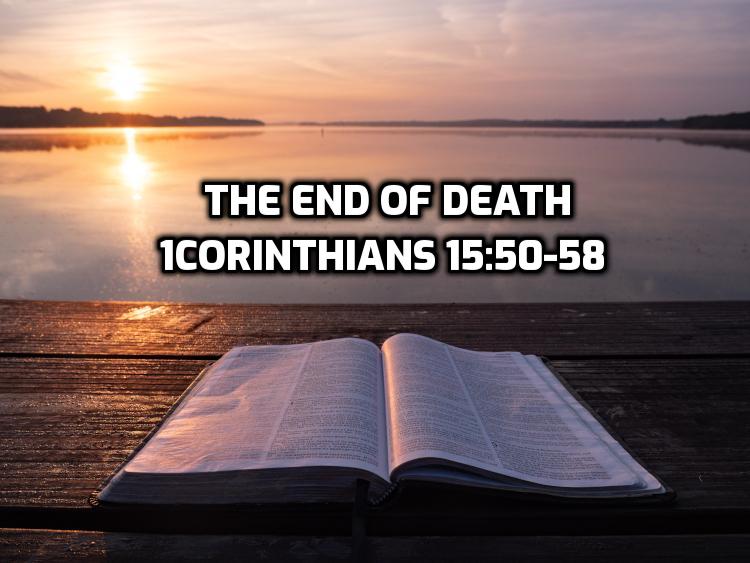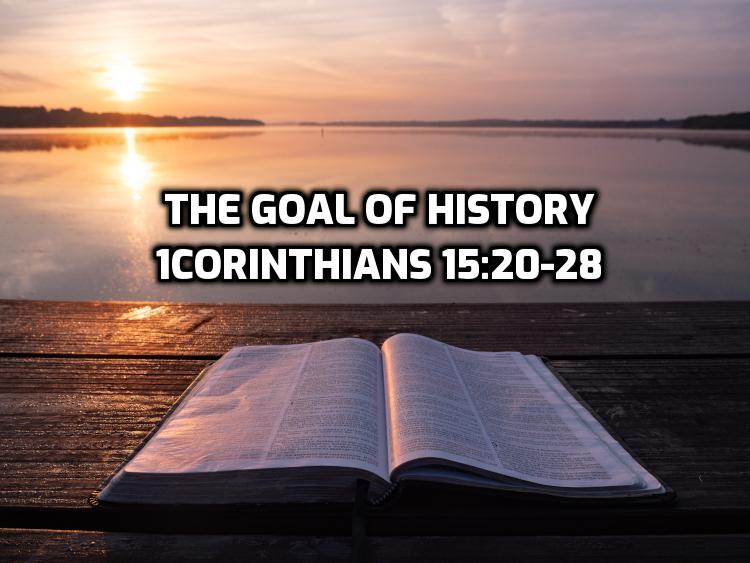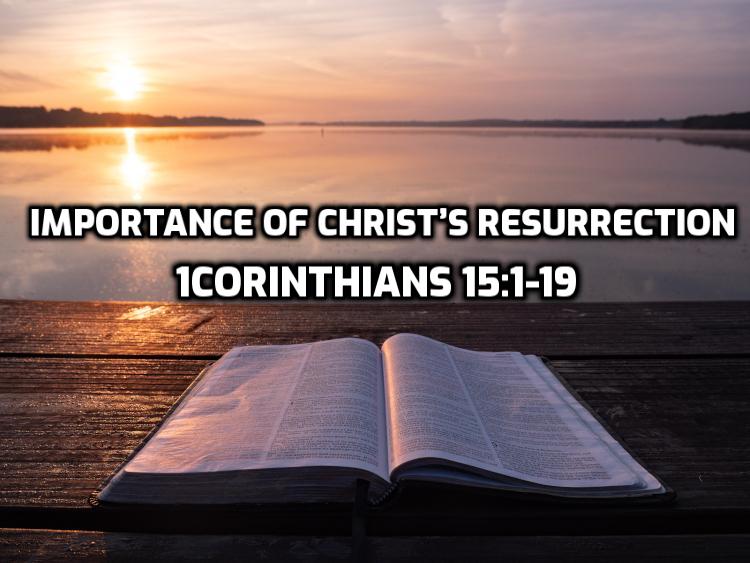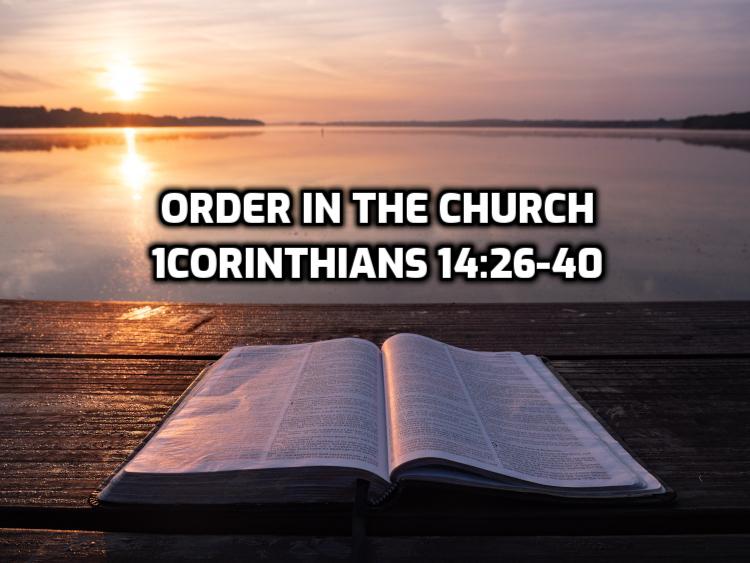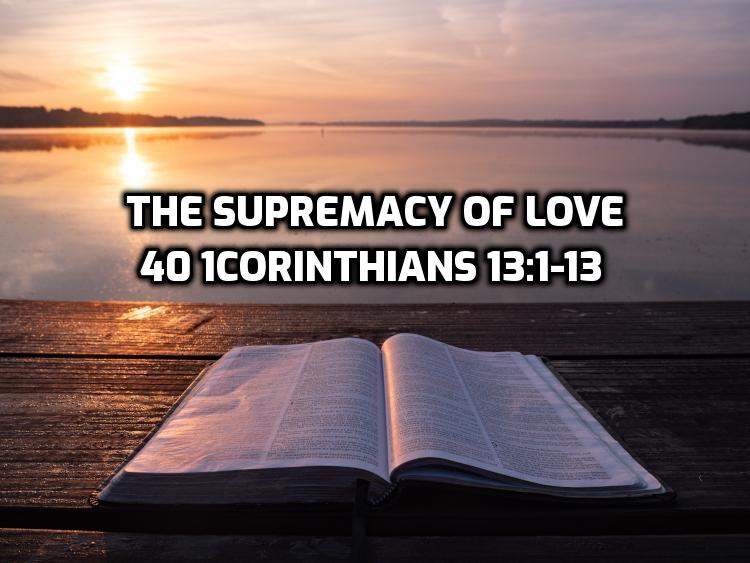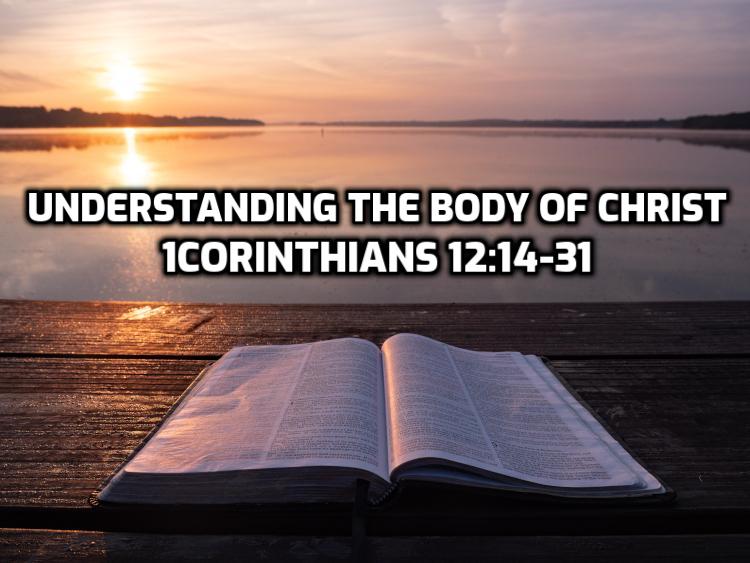On Easter we celebrate the resurrection of Jesus Christ from the dead. It matters whether something is real or not. It also matters whether an idea is true or not. The historical fact is Jesus rose from the dead, and it makes a difference that he did.
47 1 Corinthians 16 Final Thoughts
In the business end of the letter, Paul explains his travel plans and gives his final admonitions. We’ll also reflect on two important themes we learned from the letter as a whole.
46 1 Corinthians 15:50-58 The end of death
Paul argues that death is a bigger problem than we think because it is more than the end of our earthly life. It is the doorway to judgment. But God will give us mercy in judgment and victory over death because of Jesus Christ.
45 1 Corinthians 15:29-49 Sown in dishonor, raised in glory
Paul answers an objection to the resurrection raised by his opponents with three comparisons: a seed versus the plant it becomes; Adam who brought death versus Christ who brings life; and natural lie now versus transformed life in the kingdom of God.
44 1 Corinthians 15:20-28 The goal of history
In correcting the Corinthians’ view that there is no resurrection, Paul argues that resurrection is an essential part of the way God intends to solve the problem of sin and death.
43 1 Corinthians 15:1-19 The importance of Christ’s resurrection
Paul starts correcting the Corinthians view that there is no resurrection from the dead by making two points: 1) Jesus, the man, was resurrected and 2) if Jesus wasn’t resurrected, then his death accomplished nothing and we are still guilty before God.
42 1 Corinthians 14:26-40 Order in the Church
Paul gives the Corinthians a rule for deciding when to speak in their public gatherings: If your speech does not edify the group, keep silent. If your speech does edify the group, take turns in an orderly fashion.
41 1 Corinthians 14:1-25 The greater gifts
Paul argues that prophesy is a better than tongues because prophesy edifies the larger body while speaking in tongues edifies only the speaker. Implicit in his argument is that we should value truth over emotion.
40 1 Corinthians 13:1-13 The supremacy of love
Before he explains what he means by the greatest gifts, Paul interrupts his argument to explain something more important than all of the individual gifts: love.
39 1 Corinthians 13:4-7 Attributes of love
Paul’s famous passage on the attributes of love is part of a 3-chapter argument. In this podcast we focus on what Paul is saying about love and why Paul felt it was important to correct the Corinthians understanding of love. In the next podcast, we’ll examine how this passage fits into the context of his overall argument.
38 1 Corinthians 12:14-31 Understanding the body of Christ
Paul compares the people of God to the unity and diversity of the human body. In this rich analogy, Paul teaches us how we should view ourselves, how we should view each other and where we should find our worth.
37 1 Corinthians 12:11-13 Speaking in tongues
As Paul continues discussing the unity and diversity of the body of Christ, we pause to consider what that tells us about speaking in tongues today. Should everyone speak in tongues?



